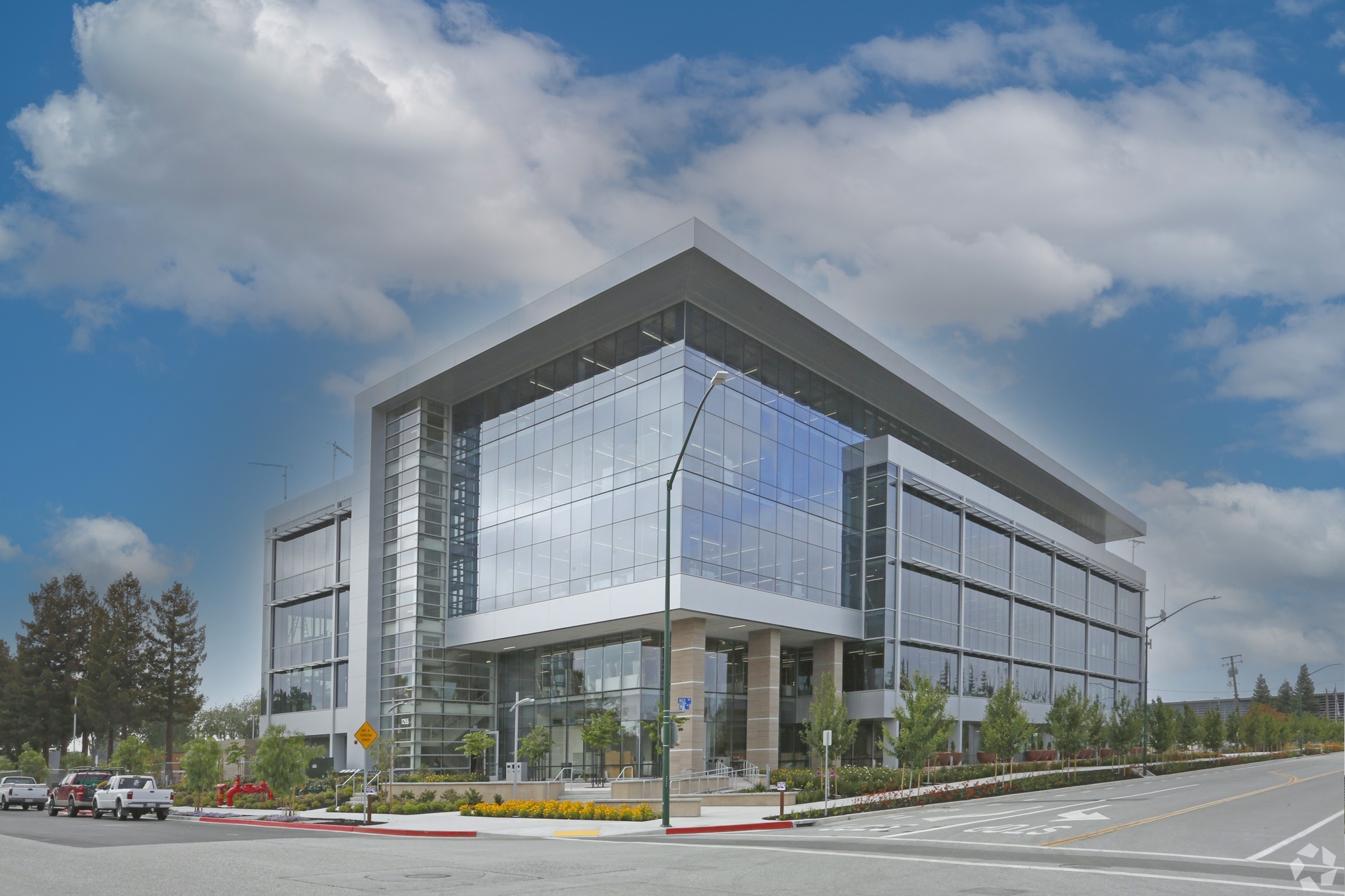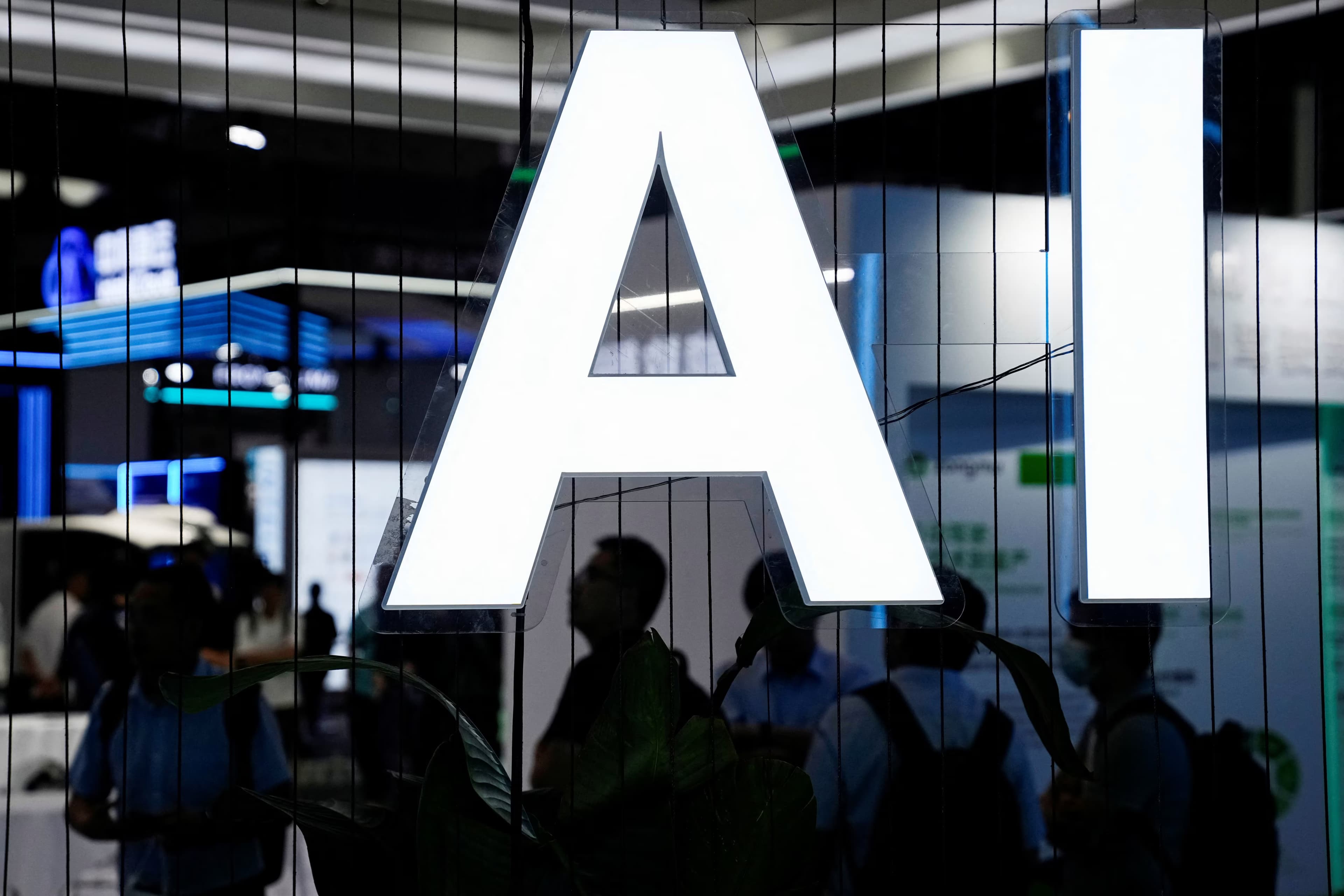The future of the workforce is hanging by a thread as AI"s inability to learn continuously threatens to disrupt the economy and deepen inequality. As we stand on the edge of transformational change, it"s crucial to understand the implications of artificial intelligence"s learning limitations.
AI"s Learning Bottleneck Stalls Progress
According to the insights shared on the Dwarkesh Podcast, the challenge of continual learning in AI systems remains a significant bottleneck. While many speculate about the imminent arrival of artificial general intelligence (AGI), the reality is that AI models struggle to learn and adapt like humans do. They lack the fundamental capability to build up context and learn from past mistakes, which is critical for performing complex tasks in the workplace.
Current AI Models Are Not Ready for White Collar Work
This limitation is particularly troubling for white-collar jobs where nuanced understanding and contextual learning are essential. As noted by experts, even if AI systems can automate specific tasks, their inability to improve and adapt over time means they cannot replace human workers in roles that require deep engagement and understanding. The economic implications of this stagnation are dire; predictions suggest that even if AI progress stalls, less than 25% of white-collar jobs may become automated, leaving millions still reliant on human employees.
Impact on Vulnerable Workers
The ramifications of AI"s failure to learn continuously disproportionately affect marginalized communities. As AI is deployed in various sectors, the lack of adaptive learning could lead to a widening gap in employment opportunities. Workers from economically disadvantaged backgrounds could find themselves at greater risk of job loss, as AI systems fail to meet the nuanced demands of diverse roles.
Increased Inequality as Automation Ramps Up
As companies rush to implement AI solutions in the name of efficiency, we risk creating a workforce that is increasingly stratified. Those with access to training and education will thrive, while those without will be left behind. This is a stark reminder that technological advancement should not come at the expense of social equity. The cost of ignoring these disparities could amount to billions in lost wages and economic potential.

News | Google prepares to dump office building near its ...
Urgent Need for Ethical AI Development
The pressing challenge is not just about technological innovation but ensuring that the development of AI aligns with the principles of social justice and sustainability. As reported by various sources, the ethical implications of AI deployment necessitate robust frameworks to guide its integration into our economy. We must prioritize developing AI that not only performs tasks but also supports equitable outcomes for all workers.
Policy Changes Required to Protect Workers
Legislators need to step up and address these challenges head-on. Implementing policies that protect vulnerable workers while fostering innovation is essential. This includes investing in workforce retraining programs and ensuring that AI systems are designed with inclusivity in mind. By doing so, we can create a future where technology augments human capabilities rather than replacing them.
Long-Term Consequences of Ignoring AI Limitations
If we fail to tackle the learning limitations of AI now, we may find ourselves confronting a workforce crisis that could destabilize economies. As AI continues to evolve, the pressure on human workers will only increase, and without adaptive learning, these systems will remain inadequate for the complexities of real-world applications. The stakes are high—millions of jobs are on the line, and the social fabric of our communities hangs in the balance.

Senate AI meeting draws Google, Meta and other tech executives …







![[Video] Gunfire between Iraqi security forces and Sadr militias in Baghdad](/_next/image?url=%2Fapi%2Fimage%2Fthumbnails%2Fthumbnail-1768343508874-4redb-thumbnail.jpg&w=3840&q=75)
